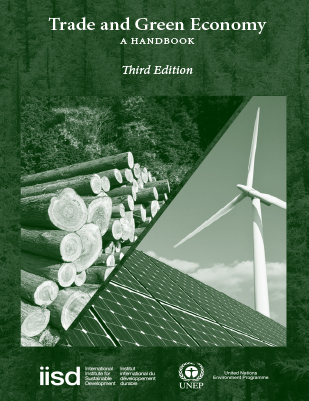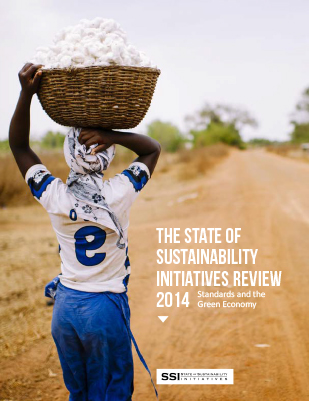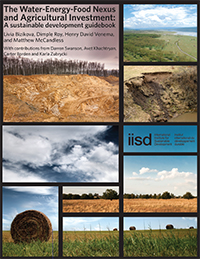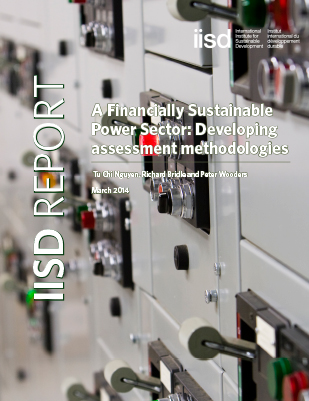
Trade and green economy: a handbook
This handbook aims to foster a better understanding of the interlinkages between international trade, the environment and the green economy. It therefore focuses on national and international trade policy

This handbook aims to foster a better understanding of the interlinkages between international trade, the environment and the green economy. It therefore focuses on national and international trade policy
This paper outlines the opportunities that fossil-fuel subsidy reform offers for funding future Sustainable Development Goals (SDGs) within the context of Asia. The paper looks at fossil-fuel subsidies
The Chinese government has responded to the challenge of increasing energy consumption and environmental pollution with ambitious targets for renewable energy generation. In the 12th Five-Year Plan, running
This paper analyzes the Direct Benefit Transfer (DBT) for liquefied petroleum gas (LPG) in Mysore, India. The DBT is an initiative of the Indian central government to develop an electronic payment system
This paper explores the link between fossil-fuel subsidies and gender in India. It focuses on the likely gender impacts of reform across cooking, lighting, pumping and transport fuels. Research finds subsidies

The State of Sustainability Initiatives Review 2014 provides a bird's-eye view of market and performance trends across 16 of the most prevalent standards initiatives operating across ten different commodity

The nexus between water, energy and food (WEF) security is a critical component of human well-being, and billions of dollars are spent annually on investments intended to ensure that it is adequately addressed.
India continues to incur budgetary and non-budgetary expenditure of over INR 40,000 crore per year subsidizing liquefied petroleum gas (LPG) consumption finds this paper by International Institute for Sustainable Development (IISD). But the benefits of this subsidy accrue disproportionately to wealthy households in urban areas, with the majority of the population in the bottom two thirds of the income distribution scale currently receiving little or no direct benefit from LPG subsidies.
The Government of Bangladesh has committed to ensuring access to affordable and reliable electricity for all citizens by 2021. At present, however, only about half of the population has access to electricity,

This paper explores the concept of financial sustainability and proposes a framework to analyze electricity sectors based on this model. The concept of financial sustainability includes the ability of